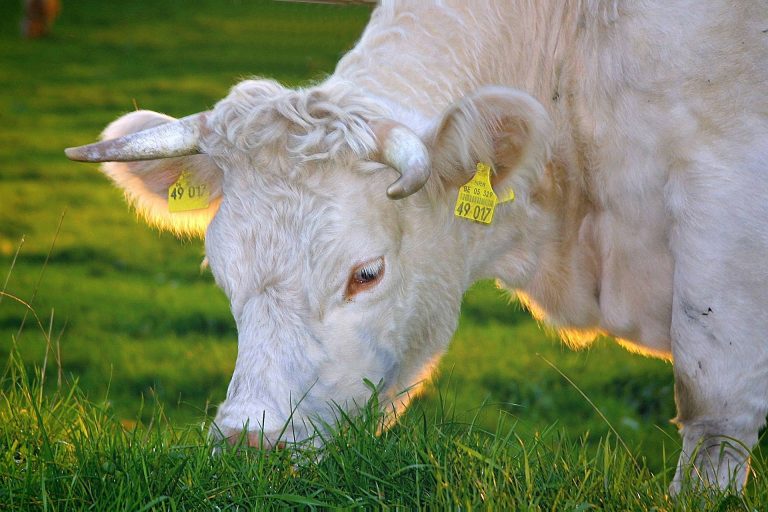
Eating meat, especially organic meat, poisons the air. The discovery comes from a British study published in Nature Communications, which seems to dismantle a deep-rooted conviction. In fact, it seems that “organic” is not always nice and good. Moreover, eating products from agriculture and farms with a high standard of respect for nature may not be that good for health and the ecosystem.
Organic Meat and Crop in Reality
Let’s take as an example the breeding. Organic farming, i.e. farming that respects the environment and biodiversity, determines a series of chain effects. The first is that the citizens of the “biologized” area eat better (even if they pay more) and have better air quality.
Moreover, harmful emissions from traditional “intensive” farms are reduced, and this is important. 15% of the world’s total greenhouse gas emissions are from animal husbandry, and largely from traditional intensive farming.
We can therefore share the drive towards organic farming for two reasons. First of all, it allows us to eat better quality meat. Moreover, it allows us to break down a system – intensive farming – guilty of large quantities of fumes harmful to the environment.
But here it comes the boomerang effect. In fact, those same citizens who support organic farming realize that they can eat less meat. This is due to the fact that the organic production method has a much lower yield in quintals of meat per hectare than the intensive one. The same concept applies to organic farming. Using less greenhouses, less fertiliser and less intensive land cultivation will result in better air quality – but less harvest.
The Details of the Study
British researchers at Cranfield University have been trying to analyze this problem. According to them, if all agricultural and livestock areas in England and Wales were to convert to organic, there would be a local drop in greenhouse gas emissions of 20% for crops and 4% for livestock. It would be an environmental victory, but only an apparent one. In fact, there would be a 40% drop in production, resulting in an increase in compensatory imports. In Europe, there would be a five-fold increase in the amount of land used so far, given that in some countries productivity is significantly lower than in England and Wales.
The global net balance of greenhouse gases would therefore be +21%. The authors of the study themselves specified that they wanted to test the biophysical limits of the land with the current food choices. They did not therefore estimate a possible, and now necessary, change of diet. If we changed our diet, reducing consumption, then the total conversion to organic would result in a real cut in global emissions.




